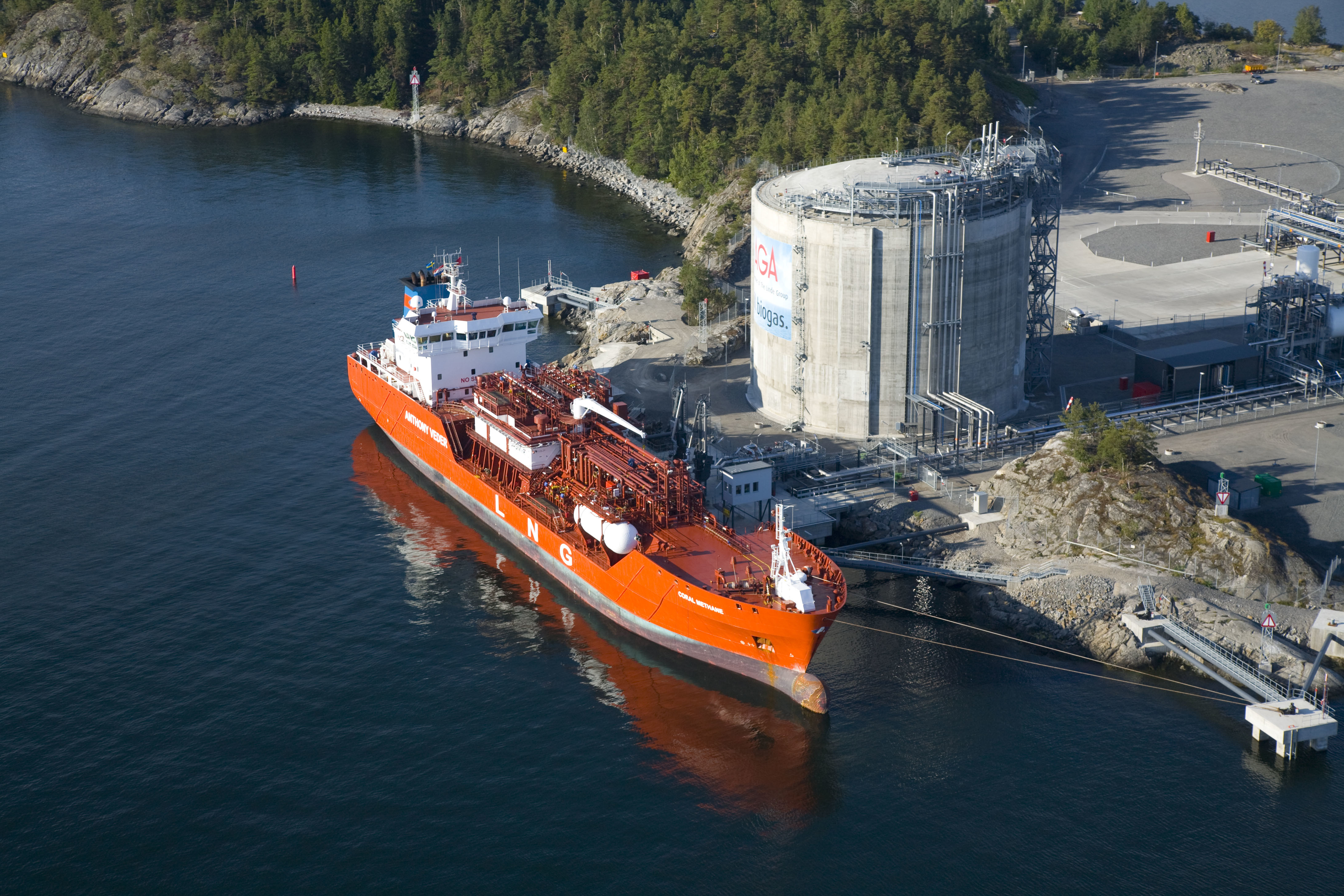Member states in the Council of the EU reached a tentative agreement on April 29 to institute carbon market reforms on January 1, 2019. The agreement came after the Czech Republic defected from the Polish-led blocking minority that would have delayed the reforms until 2021. Due to its heavy reliance on the fossil fuel for electricity, industrial use, and domestic heating, Poland has strongly opposed reforming the current Emissions Trading System, which allows coal to be burnt very cheaply due to a surplus of carbon permits. The new reforms would establish a Market Stability Reserve, withholding surplus permits.
Energy
Shell acquires British Gas to become leading liquefied natural gas producer
EnergyRoyal Dutch Shell has concluded acquisition talks with liquefied natural gas (LNG) producer British Gas (BG), the UK’s third-largest energy company, increasing its annual gas output above the combined output of its nearest competitors, Chevron and ExxonMobil. The GBP47 billion purchase will give Shell access to lucrative projects in Australia and Tanzania, while the biggest windfall will come from BG’s Brazil operations, whose output is expected to quadruple in the next five years. After the deal, estimates indicate that Shell will sell up to 50 million tons of LNG annually by 2020, slightly less than the annual domestic consumption of Ukraine and Poland combined.
The role of ISDS in contemporary EU trade agreements
Energy, European Parliament, Trade AgreementsBy Jared Angle
BRUSSELS — Much of the recent debate over European Union trade negotiations, specifically regarding transatlantic trade agreements with Canada and the United States, has fixated on the inclusion of investor-state dispute settlement, commonly known as ISDS.
Incoming Trade Commissioner Cecilia Malmström said Sept. 29 that the ISDS chapter of TTIP negotiations is currently frozen, and will be revisited at a later date.
Outgoing Trade Commissioner Karel de Gucht initially stripped ISDS from TTIP negotiations due to German resistance to the legal mechanism, but he insists that ISDS is a crucial investment protection tool that belongs in a finalized version of TTIP, according to Martina Ferracane, a policy analyst at the European Centre for International Political Economy (ECIPE), a think tank based in Brussels.
Analysis of EU Energy Diversification and Reduction of Russian Dependency
Energy, Military and SecurityBy Jared Angle
Despite the lack of a cohesive energy policy encompassing all member states, the European Union has several options when it comes to seeking new energy alternatives to counteract Russia’s predatory ‘energy diplomacy’ of the past decade. Diversification of energy sources has sparked intense controversy in the EU, as strict regulations and public opposition have made several promising energy options unviable in a number of member states. While renewable energy technologies satisfy the concerns of European environmentalists, sources such as solar energy simply cannot meet the energy requirements of Europe’s densely populated countries, with current systems providing energy for less than three percent of households, according to a September 2013 press release by the European Commission. Although energy diversification is not universally popular, it has become increasingly clear since the mid-2000s that Europe must address the challenges presented by Russian energy policies and the current inadequacies of alternative energy infrastructures.
